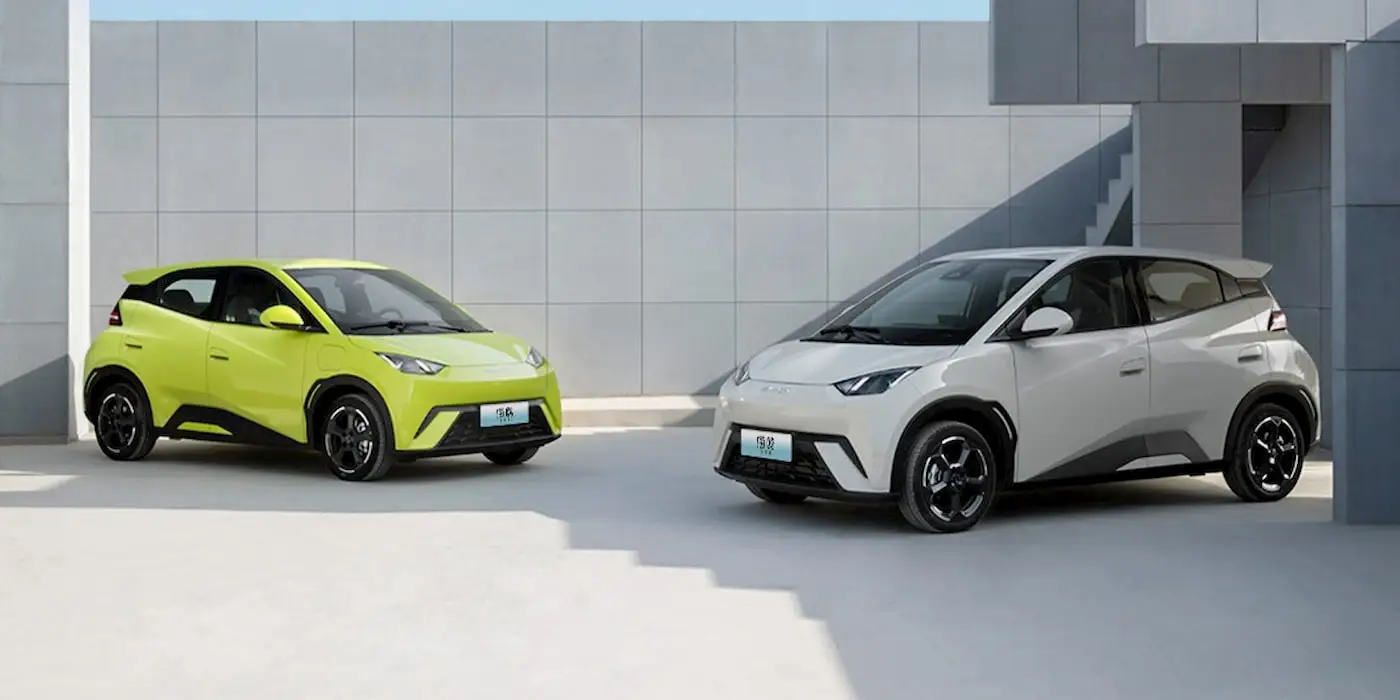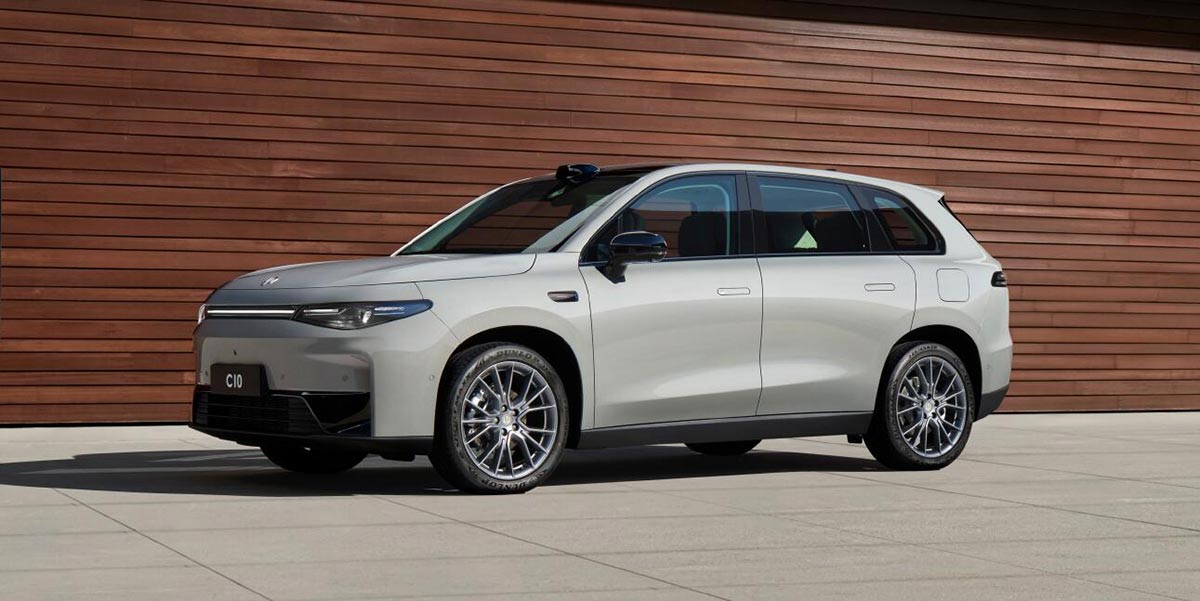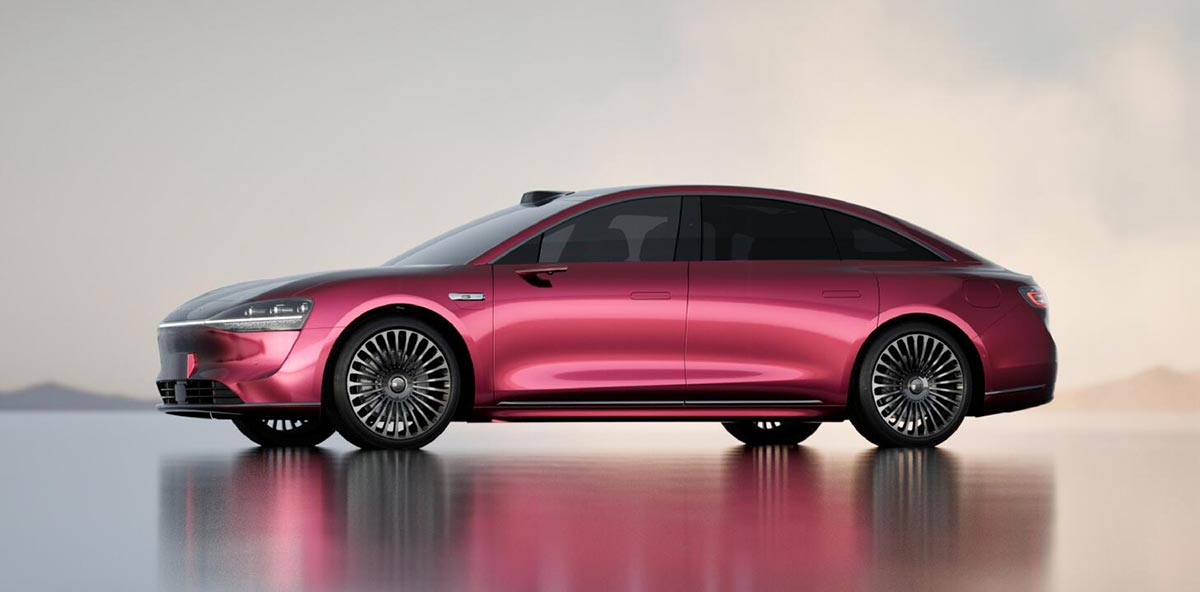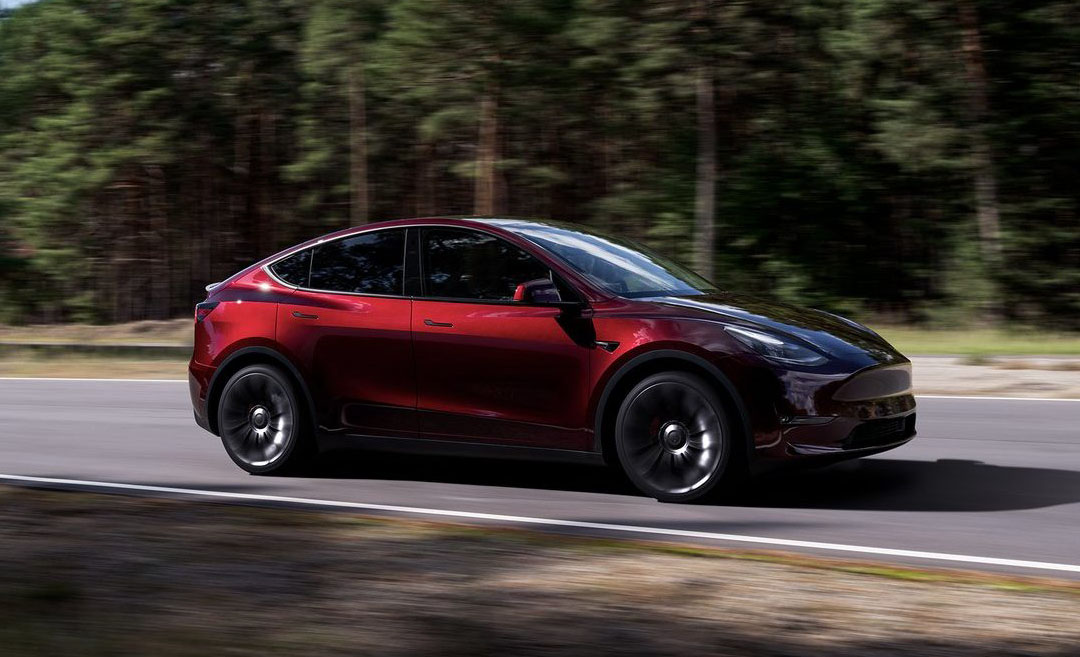The European Union’s imposition of tariffs on Chinese electric vehicles (EVs) could result in Beijing losing nearly $4 billion in trade with the bloc, according to a study by a German economic research institute.
The Kiel Institute for the World Economy’s analysis suggests that if Brussels were to impose a 20 percent import tariff, the number of Chinese EVs imported to the EU would drop by a quarter, or approximately 125,000 vehicles. Concurrently, sales of locally produced vehicles would likely increase by a similar amount.
See also: European Commission Delays Decision on Chinese Electric Vehicle Tariffs

The looming prospect of a trade conflict is escalating tensions between the EU and China, particularly as the EU’s tariff decision deadline approaches.
The European Commission has initiated numerous trade probes against Beijing, citing anti-dumping and unfair subsidies, especially in the clean technology sector.
German Foreign Minister Annalena Baerbock underscored the need to protect European interests, stating, “I don’t want to be brutally confronted a second time with others taking advantage of our naivety.”
See also: Nio Forges Ahead with European Expansion, Opens Amsterdam Showroom Amid Tariff Uncertainty

However, the study does not factor in potential Chinese retaliatory measures, which the institute anticipates. The exact tariff level, if imposed by the EU, remains unclear.
Beijing has hinted at imposing tariffs as high as 25 percent on imported cars with large engines, which would notably impact manufacturers like Mercedes-Benz and BMW.
Higher tariffs could lead to increased prices for EVs, as European production is considerably more costly. This could pose challenges to the EU’s goal of ending sales of new combustion-engine cars by 2035, particularly for low-income citizens in southern and eastern member states who may struggle to afford battery-powered alternatives.
See also: U.S. Special Tariffs on Chinese EVs Set to Take Effect in August 2024

Julian Hinz, a trade researcher at the Kiel Institute, noted, “It is by no means a foregone conclusion that European car manufacturers will fill the gap. Chinese manufacturers such as BYD could also meet local demand with new plants in Europe.”
BYD, which plans to open a car factory in Hungary by 2026, aims to introduce its $10,000 Seagull hatchback to the region next year, potentially altering the dynamics of the European EV market.






